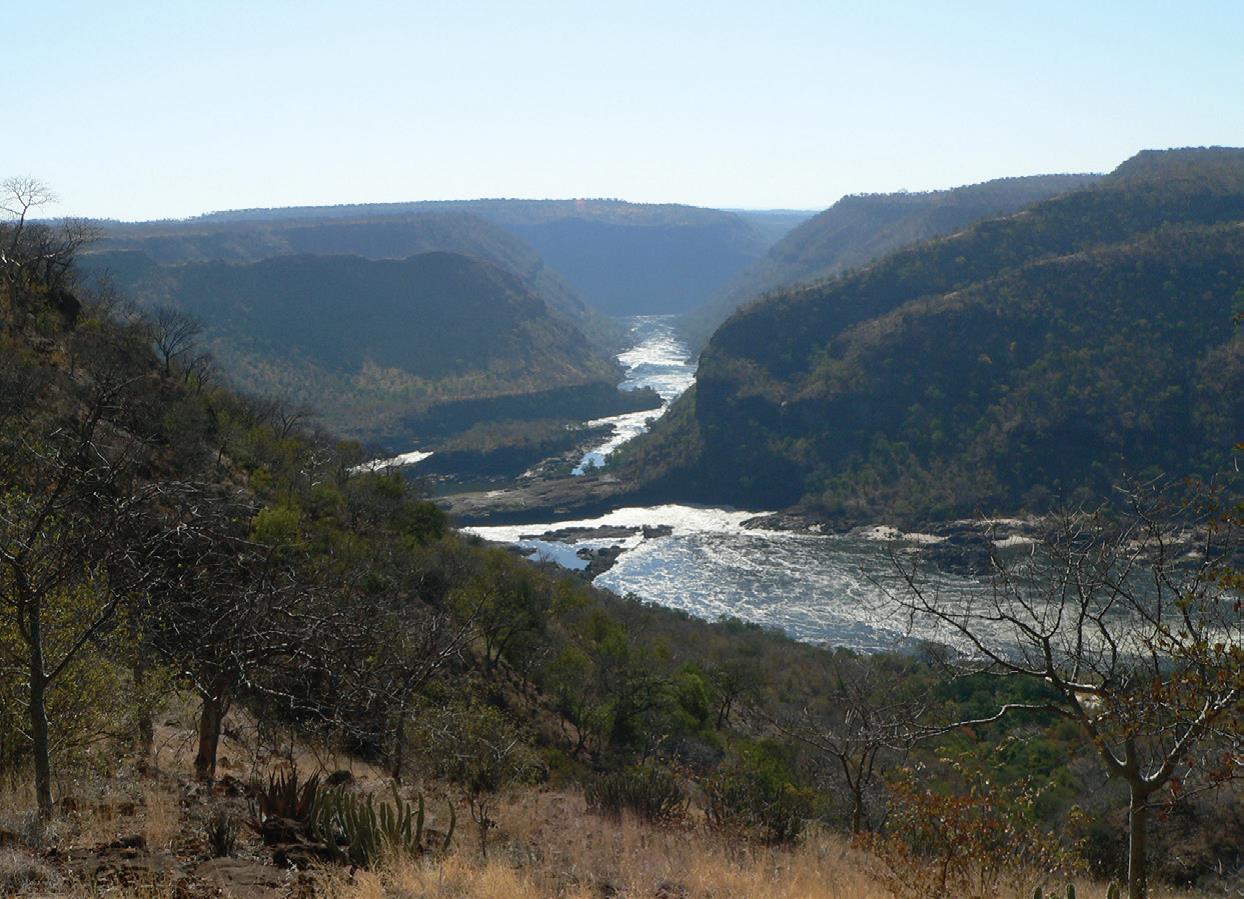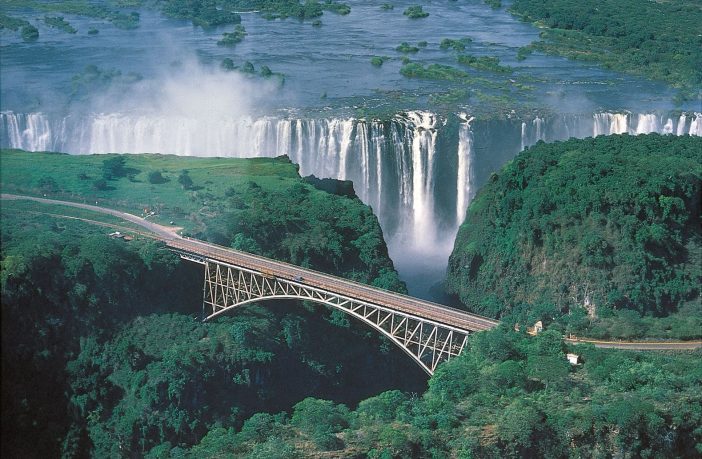- Bloomberg reports that Zambia and Zimbabwe will re-tender the US$5 Billion Batoka Hydropower Plant.
Sovereign defaults by both Zambia and Zimbabwe have escalated the Batoka Gorge hydro-electric project cost, with the estimated price climbing 23% to almost US$5 billion. The Zambezi River Authority’s (ZRA) Council of Ministers awarded the tender for the construction of the 2400Mw Zimbabwe/Zambia Batoka Gorge Hydro Project to a consortium of General Electric and Power Construction Corporation of China back in July 2019.
Building was planned to start in 2020, but was delayed by the Covid-19 pandemic and never started because of the sovereign debt challenges. The construction consortium also bemoaned a lack of tax incentives.
Related news: Zimbabwe struggles to pay for imported power as energy supply from Kariba hydro plant hits rock bottom
The 2400MW project comprises a 181 m high, 720 m roller compacted concrete gravity arch dam, radial gated crest type spillway, four intakes in the reservoir, two surface power plants, 6 turbines plus transmission lines. The project is being implemented under the auspices of the Zambezi River Authority (ZRA), a bi-national organisation mandated to operate, monitor and maintain the Kariba Dam Complex as well as exploit the full potential of the Zambezi River.
The plant location is 52km’s downstream from Victoria Falls on the Zambezi River. Bringing Batoka Gorge on-stream will see Zimbabwe attain electricity self-sufficiency. The country is producing about 700 MW against demand of 1,900 MW, with deficits being covered by imports which of late it cannot pay for due to a currency shortage.
The low water levels have seen a major drop in energy production at the Kariba hydro power plant which is shared by Zambia and Zimbabwe. Read more

The United Nations has informed the governments of Zambia and Zimbabwe that Victoria Falls could lose its unique heritage status if a hotel, golf course and a power station is built at the site. Image: Batoka Gorge. Image credit: International Rivers
Meanwhile the United Nations has informed the governments of Zambia and Zimbabwe that Victoria Falls could lose its unique heritage status if a hotel, golf course and a power station is built at the site.
The projects that are threatening the status of the Vic Falls are the planned Batoka hydro power project and the Raddison Blu Livingstone Hotel and Golf Course financed by NAPSA. The UNESCO team has also called for a halt to the building of the 300-bed hotel in Livingstone.
Victoria Falls is the world’s largest sheet of falling water, featuring unique rock structures, and earned its world heritage site status in 1989.
Author: Bryan Groenendaal















